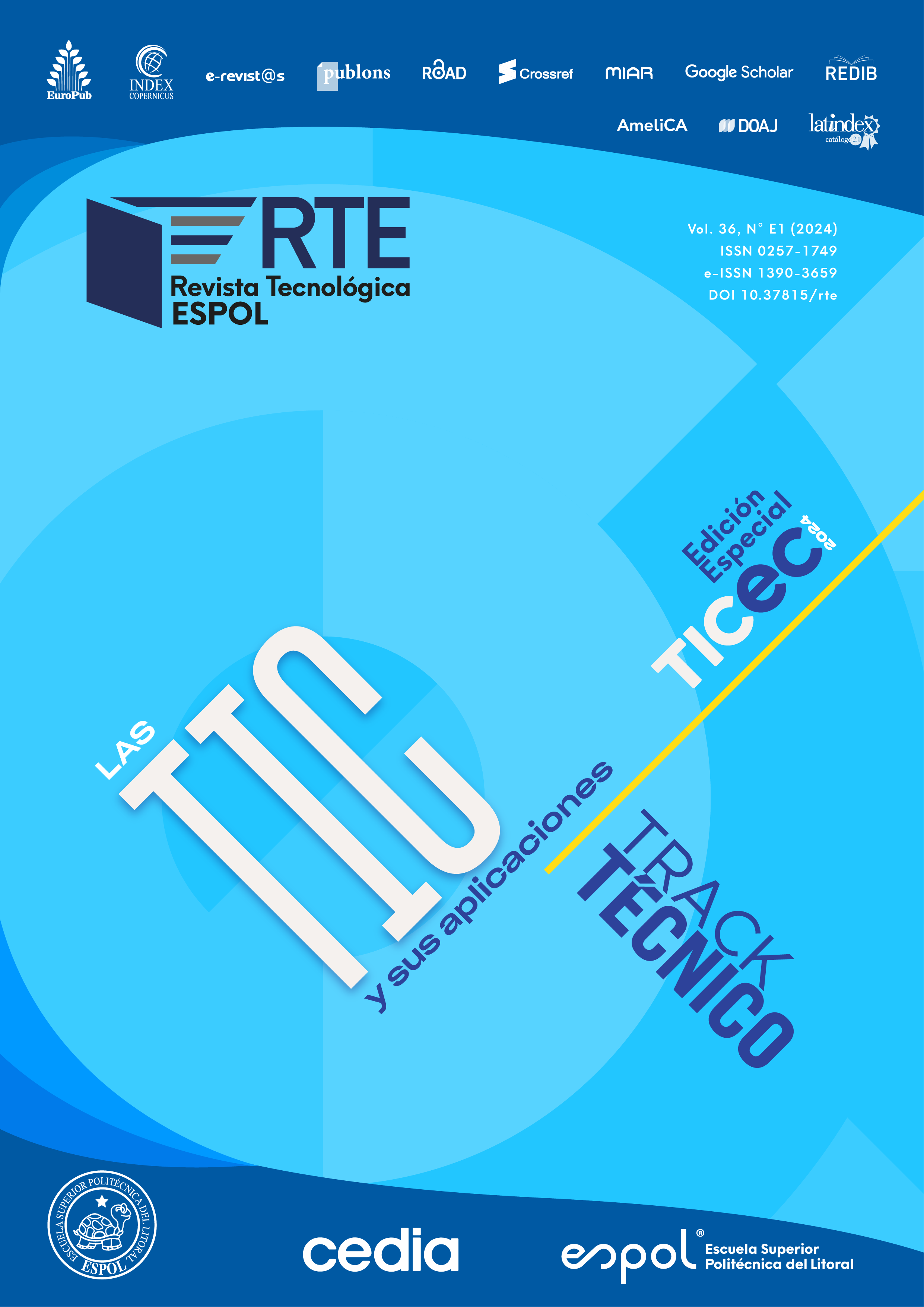Over the past decade, artificial intelligence (AI) has emerged as a transformative technology, particularly in project management. This study examines its impact in Latin America, with a focus on Ecuador. There is significant interest in AI adoption in Ecuador, driven by favorable policies, economic conditions, and technological advancements. Most respondents are educators, scientific researchers, and department heads, highlighting the relevance of AI in educational and scientific fields (Fernández & Fernández, 2019; Hassan, Khairudin, & Nasir, 2019).
Large organizations, with more than 200 employees, are better positioned to adopt AI due to their greater financial and technical resources (Chui, Henke, & Miremadi, 2020). However, significant barriers persist, such as technological limitations, budgetary constraints, and a lack of managerial support, which complicate its implementation (Smith & Lazarus, 2021).
Despite these barriers, most respondents anticipate a significant increase in AI adoption over the next five years, although doubts and challenges remain that must be addressed to ensure successful and sustained implementation (Jones, Patel, & Smith, 2019). This analysis underscores both the opportunities and challenges that AI faces in project management in Ecuador, emphasizing the need for a comprehensive approach to maximize its benefits.

This work is licensed under a Creative Commons Attribution-NonCommercial 4.0 International License.
References
Batselier, J., & Vanhoucke, M. (2020). Artificial Intelligence Techniques for Project Resource Management: A Review. Journal of Operations Management, 5(66), 651-677.
Chui, M., Henke, N., & Miremadi, M. (2020). Artificial Intelligence and the Modern Productivity Revolution. McKinsey Quartely.
Creswell, J. (2014). Research Desing: Qualitative, Quantitative, and Mixed Methods Approaches (Cuarta ed.). SAGE Publications.
Elo, S., & Kyngäs, H. (2008). The Qualitative Content Analysis Process. Journal of Advanced Nursing, 62(1), 107-115.
Fernández, D., & Fernández, J. (2019). Agile Project Management with Artificial Intelligence: How AI is Changing the Game. Journal of Modern Project Management, 7(2), 224 - 233.
Goodfellow, I., Bengio, Y., & Courville, A. (2016). Deep Learning. MIT Press.
Hassan, Z., Khairudin, N., & Nasir, M. (2019). Impact of Artificial Intelligence on Project Management. Procedia Computer Science, 163, 489-496.
Jones, R., Patel, V., & Smith, L. (2019). Sampling Techniques in Modern Research: Adapting to Emerging Technologies. Survey Methodology, 45(2), 265-283.
Pallant, J. (2020). Survival Manual: A Step by Step Guide to Data Analysis Using IBM SPSS (Séptima ed.). McGraw-Hill Education.
Project Management Institute. (2017). A Guide to the Project Management Body of Knowledge. (Sexta ed.).
Project Management Institute Sweden. (2024). Artificial Intelligence and Project Management. Project Management Institute Sweden.
Russell, S., & Norvig, P. (2020). Artificial Intelligence: A modern Approach. Cuarta edición. Pearson.
Salinas, A., & Fernández, A. (2020). CEPAL. Retrieved from www.cepal.org
Smith, J., & Lazarus, S. (2021). Exploring Innovative Technologies: Approaches in Qualitative Research. Journal of Technology Research, 42(3), 134-150.
UNESCO. (2021). UNESCO. Retrieved from https://unesdoc.unesco.org
Venkatesh, V., Morris, M., & Davis, F. (2003). User Acceptance of Information Technology: Toward a Unified View. MIS Quarterly, 27(3), 425-478.







